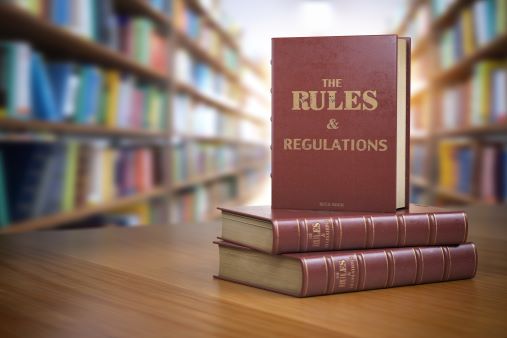The FDA recently issued two revised final medical device guidance documents titled, “Refuse to Accept Policy for 510(k)s” and“Acceptance and Filing Reviews for Premarket Approval Applications (PMAs).” The updates address provisions in the 21st Century Cures Act, enacted on Dec. 13, 2016. The Cures Act amended Section 503(g) of the Food, Drug and Cosmetic Act (FD&C Act) and applied certain drug provisions to device-led combination products. Prior versions of these two guidance documents had been issued in August 2015 and December 2012, respectively.
Refuse to Accept Policy for 510(k)s
In addition to explanation of the new policy, the 510(k) guidance includes three checklists – one each for traditional, abbreviated, and special 510(k)s – for use by FDA staff in determining whether to accept a 510(k) for filing. The FDA hopes that that the guidance and checklists “will clarify the content needed in traditional, special, and abbreviated 510(k) submissions to allow FDA to conduct a substantive review, thereby enhancing the quality of received 510(k) submissions and improving overall review time.”
Further, the guidance states that the acceptance review should be conducted and completed within 15 calendar days of the FDA’s receipt of a 510(k). If the FDA refuses to accept the filing, it will notify the submitter and send a copy of the completed checklist to help the submitter identify the deficiency. The submitter may submit the additional information identified in the checklist and the FDA will perform the acceptance screening again, also within 15 calendar days of receipt of the information. If the FDA refuses to accept the filing a second time, the submitter is again notified and given the new checklist. If the agency accepts the filing, the submitter is notified and the FDA will begin a substantive review of the 510(k). If the FDA does not respond within the 15 days, the 510(k) is deemed accepted and the agency will also notify the submitter and begin a substantive review.
The checklists include five preliminary questions to be answered before the content of the 510(k) is compared to the acceptance criteria:
- Is the product a device or a combination product with a device component?
- Is the application with the appropriate Center (CDRH or CBER)?
- Is 510(k) the appropriate regulatory submission?
- Is there a pending PMA (pre-market approval application) for the same device and indications for use?
- And, if clinical studies have been submitted, is the submitter the subject of the Application Integrity Policy?
Acceptance and Filing Reviews for Premarket Approval Applications (PMAs)
The PMA guidance also includes checklists for the acceptance decision and follows the same 15-day scheme as the 510(k) guidance. It has the same five preliminary questions as the 510(k) guidance to be answered before the content is compared to the acceptance criteria, only modified for the PMA context. In other words, the third question is whether a PMA is the appropriate regulatory submission and the fourth is whether there is a pending 510(k) for the same device and indications for use.
The PMA guidance identifies several grounds for refusing to accept a tendered PMA application. The FDA will not accept a PMA if it is incomplete because it does not on its face contain all information required under section 515(c)(1)(A)-(G) of the FD&C Act. A PMA will also not be accepted is if it does not contain each of items required under 21 C.F.R. § 814.20 and any justification for the omission of any item is inadequate. The FDA will not accept a PMA if the Applicant has a 510(k) pending for same device, and the FDA has not determined whether the device falls within the scope of 21 C.F.R. § 814.1(c). Finally, a PMA will not be accepted if it contains a false statement of material fact or is not accompanied by a statement of either certification or disclosure as required by 21 CFR Part 54.
For more information, please contact the Barnes & Thornburg LLP attorney with whom you work or the chair of the firm’s Food, Drug & Device group, Lynn Tyler at (317) 231-7392 or lynn.tyler@btlaw.com.
© 2018 Barnes & Thornburg LLP. All Rights Reserved. This page, and all information on it, is proprietary and the property of Barnes & Thornburg LLP. It may not be reproduced, in any form, without the express written consent of Barnes & Thornburg LLP.
This Barnes & Thornburg LLP publication should not be construed as legal advice or legal opinion on any specific facts or circumstances. The contents are intended for general informational purposes only, and you are urged to consult your own lawyer on any specific legal questions you may have concerning your situation. Visit us online at www.btlaw.com and follow us on Twitter @BTLawNews.














